Digestive/GI
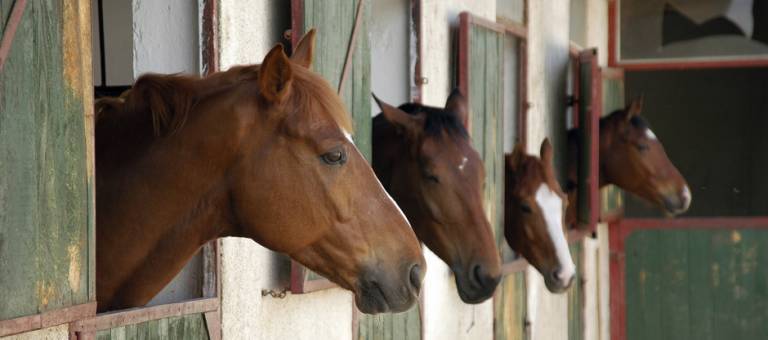
October 09, 2019
Gastric Ulcers in Horses: Facts and Fallacies
What do horse owners know, and perhaps more importantly, don’t know about gastric ulcers in horses?

October 04, 2019
Stress Behavior, Diet, and Equine Hindgut Health
Recent research indicates the intestinal microbiome communicates with the central nervous system, giving the microbiome the ability to alter
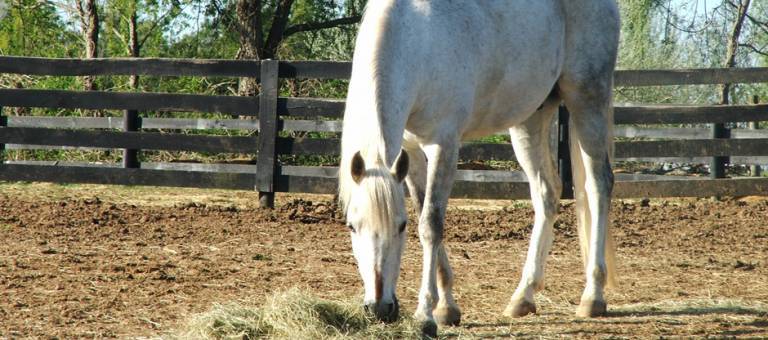
September 20, 2019
Gastrointestinal Care of Horses: Choose Supplements Wisely
Methods of supporting horses intestinal microbiomes are of great interest in optimizing immunity and maximizing feed digestibility.
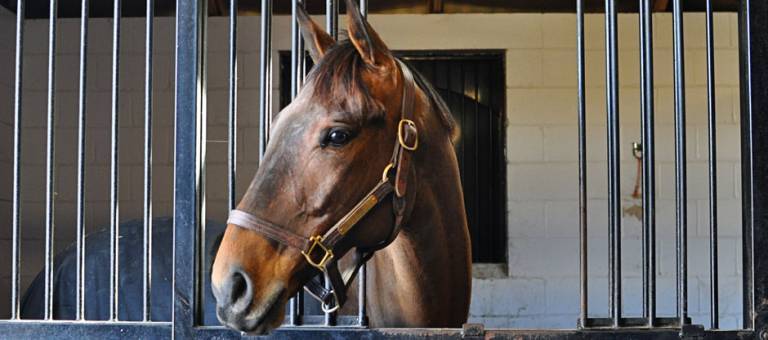
July 15, 2019
Omeprazole and Calcium Digestibility: What Horse Owners Should Know
When given to humans, reduced gastric acid production is associated with a decline in the digestibility of several nutrients,
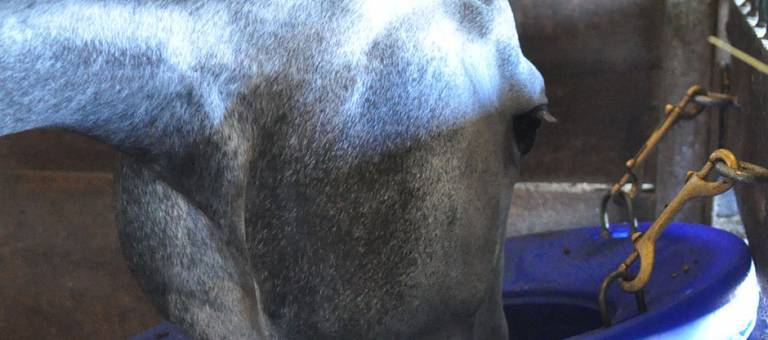
June 06, 2019
Help Gastric Ulcers with Frequent Feedings
According to veterinarians and researchers, one contributing factor to equine gastric ulcer syndrome, or EGUS, involves feeding management strategies,
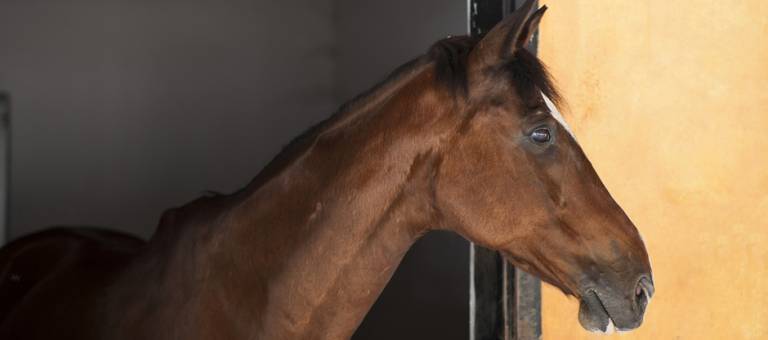
June 05, 2019
Inflammatory Bowel Disease in Horses
As in other species, including humans, IBD occurs due to the influx of inflammatory cells into the walls of
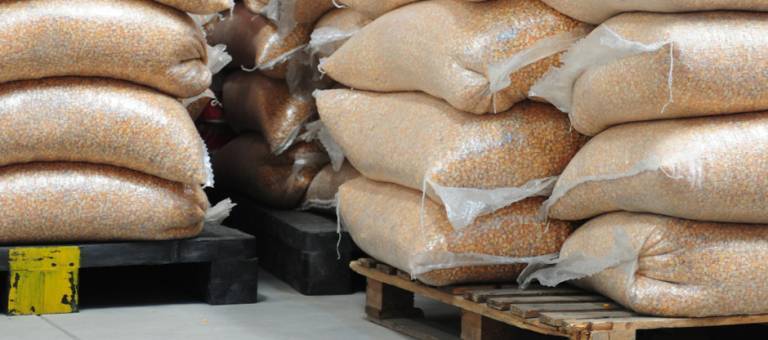
May 04, 2019
Effect of Various Diets on Glycemic Response in Horses
Sweet feed and whole oats demonstrated the greatest glycemic response, while alfalfa and sweet feed plus corn oil provided
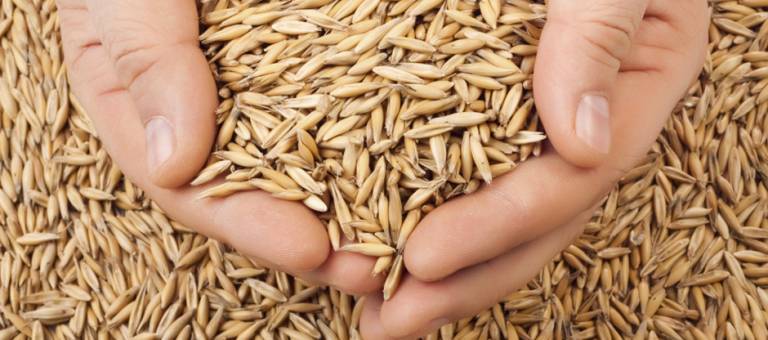
April 18, 2019
Factors Affecting Mineral Digestibility in Horses
Results of studies at Kentucky Equine Research showed some interactions between minerals and other factors that affected how well
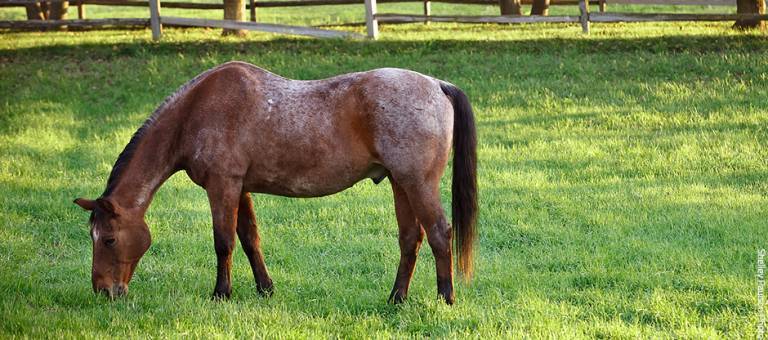
March 27, 2019
The Hindgut: Understanding Its Role in Equine Digestive Health
Horses rely on fermentation for optimal digestion of feedstuffs and energy production. Hindgut digestion, which occurs in the cecum
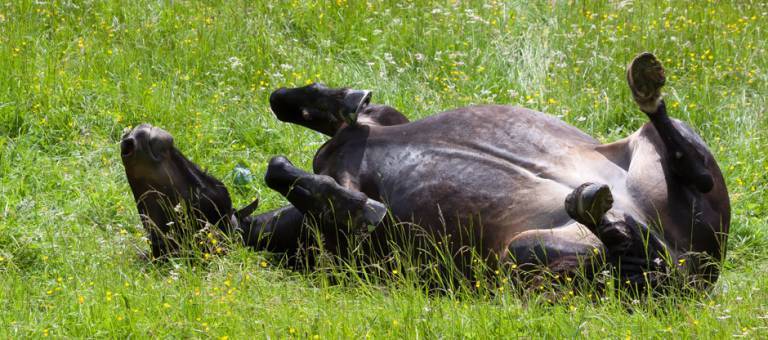
March 18, 2019
Hindgut Bacteria Play Role in Laminitis, Colic in Horses
Colic and laminitis, two of the most common equine ailments, can both result from overconsumption of high-carbohydrate concentrates or







